Your cart is currently empty!
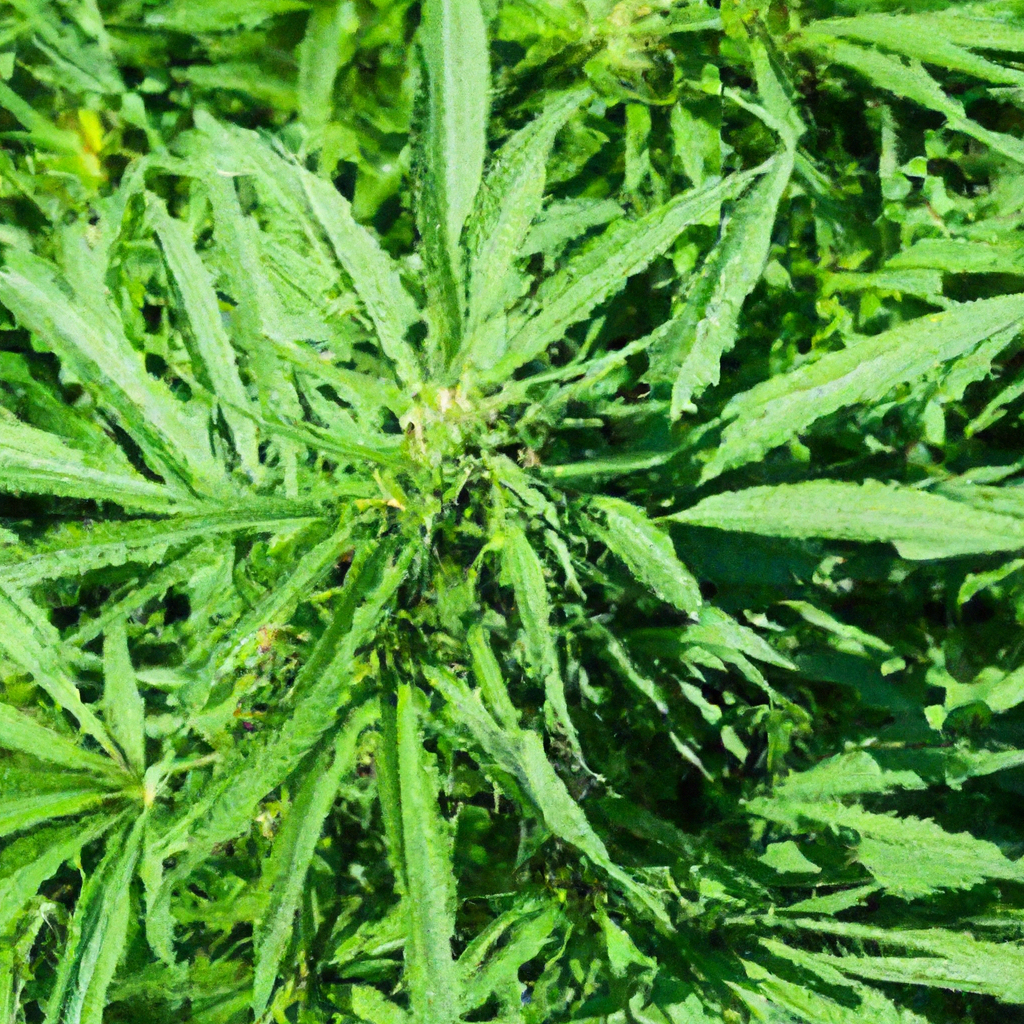
The rise of organic cannabis cultivation represents a shift towards sustainable and eco-friendly growing practices, meeting the increasing demand for environmentally responsible products. This guide explores essential practices, including building a thriving soil ecosystem through composting and cover crops, using natural fertilizers like worm castings and fish emulsion, and employing organic pest control methods such…
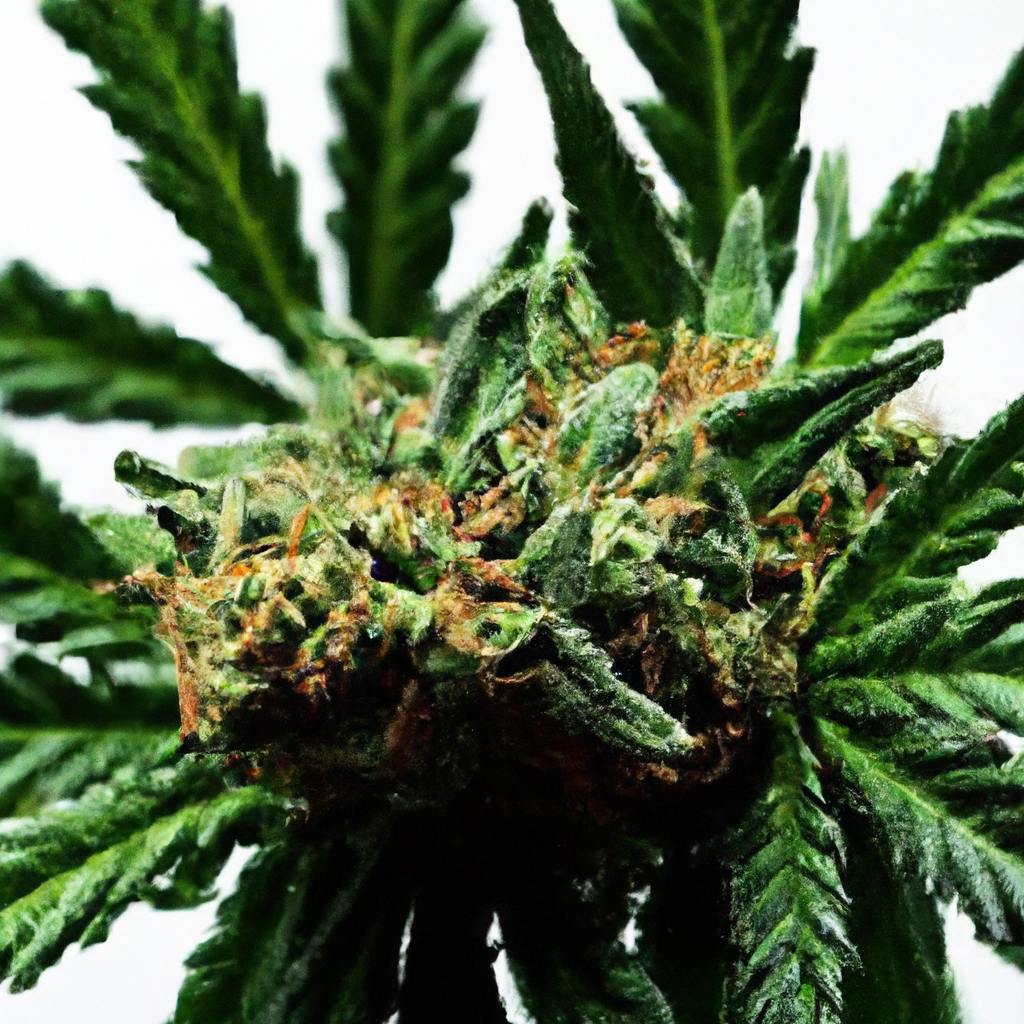
This article explores the intriguing role of cannabis in neurogenesis—the formation of new neurons in the brain. Recent scientific studies suggest that cannabinoids like THC and CBD may influence neurogenesis, potentially offering benefits for brain health and neurological disorders such as Alzheimer’s and depression. While research is still in its early stages, these findings highlight…
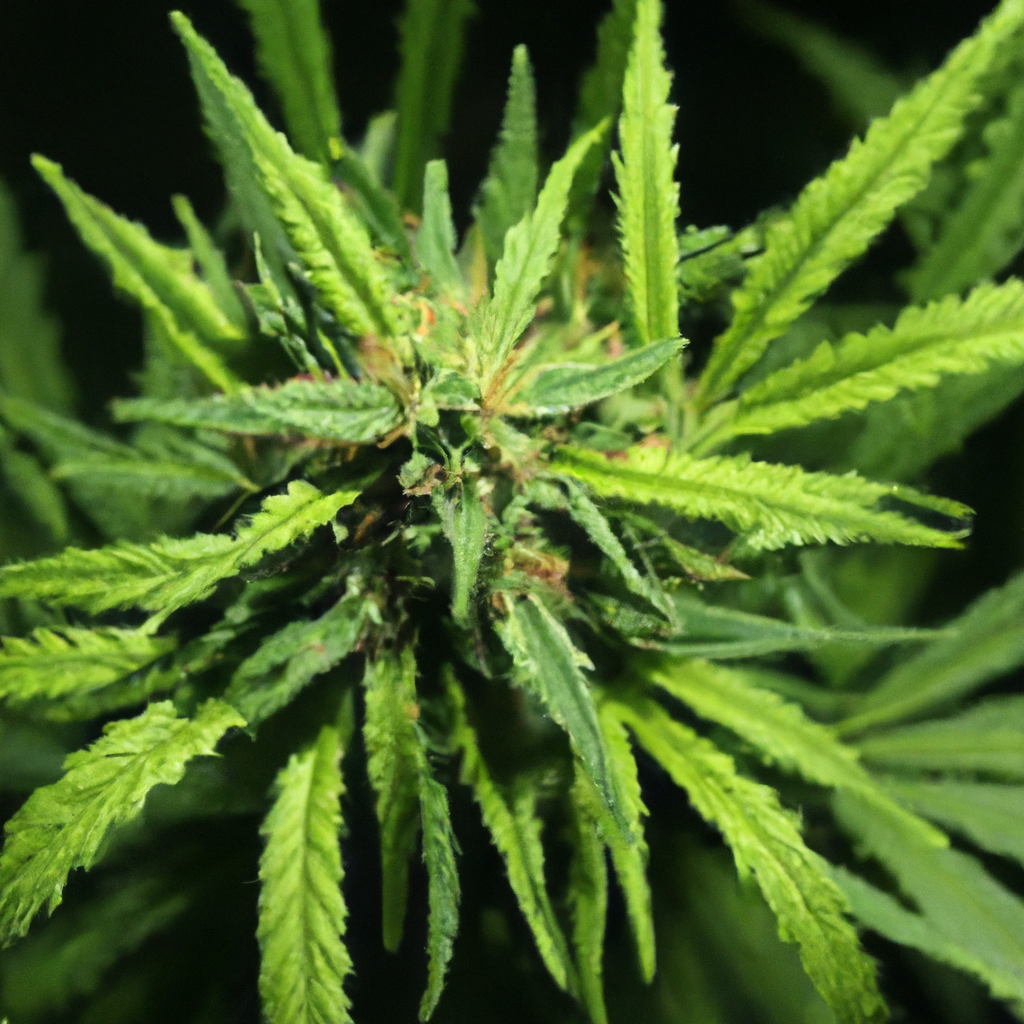
Unlock the full potential of your cannabis crop by focusing on the foundations of cultivation: soil. Strategic amendments are crucial for improving the physical properties of soil, such as water retention, aeration, and drainage, thereby fostering healthier plants and higher yields. Key amendments like compost, perlite, worm castings, and peat moss each offer unique benefits,…
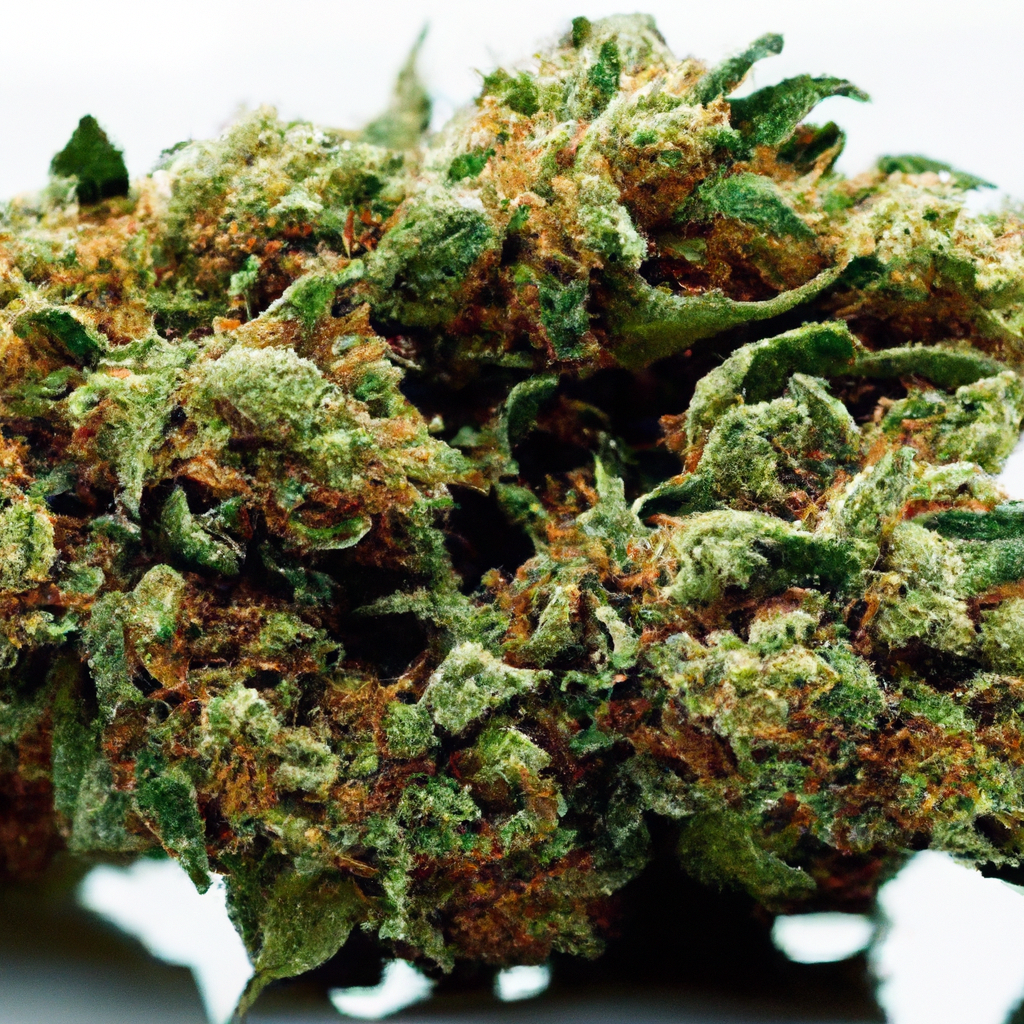
Explore the dynamic world of Durban Skunk, a hybrid cannabis strain known for its energizing and relaxing effects. Combining the sativa elements of Durban Poison with the indica characteristics of Skunk #1, this strain offers a balanced experience with a cerebral high and calming body sensation. Ideal for daytime use, Durban Skunk features vibrant green…
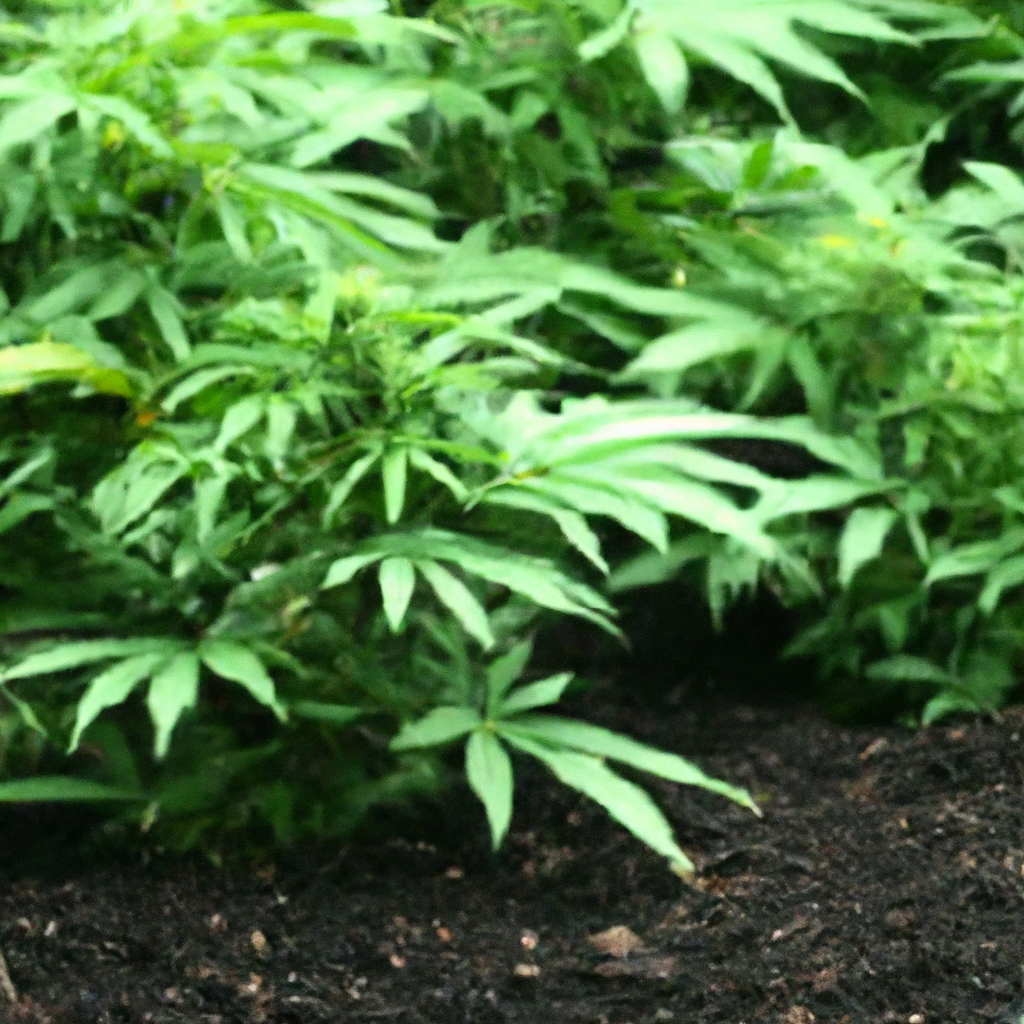
Discover the benefits and best practices of organic cannabis cultivation, emphasizing natural fertilizers, compost, and holistic pest control. Focus on building rich soil ecosystems without synthetic chemicals to enhance plant health and support the environment. Learn about composting, beneficial microbes, and natural fertilizers like fish emulsion and bone meal. Explore sustainable pest control methods such…
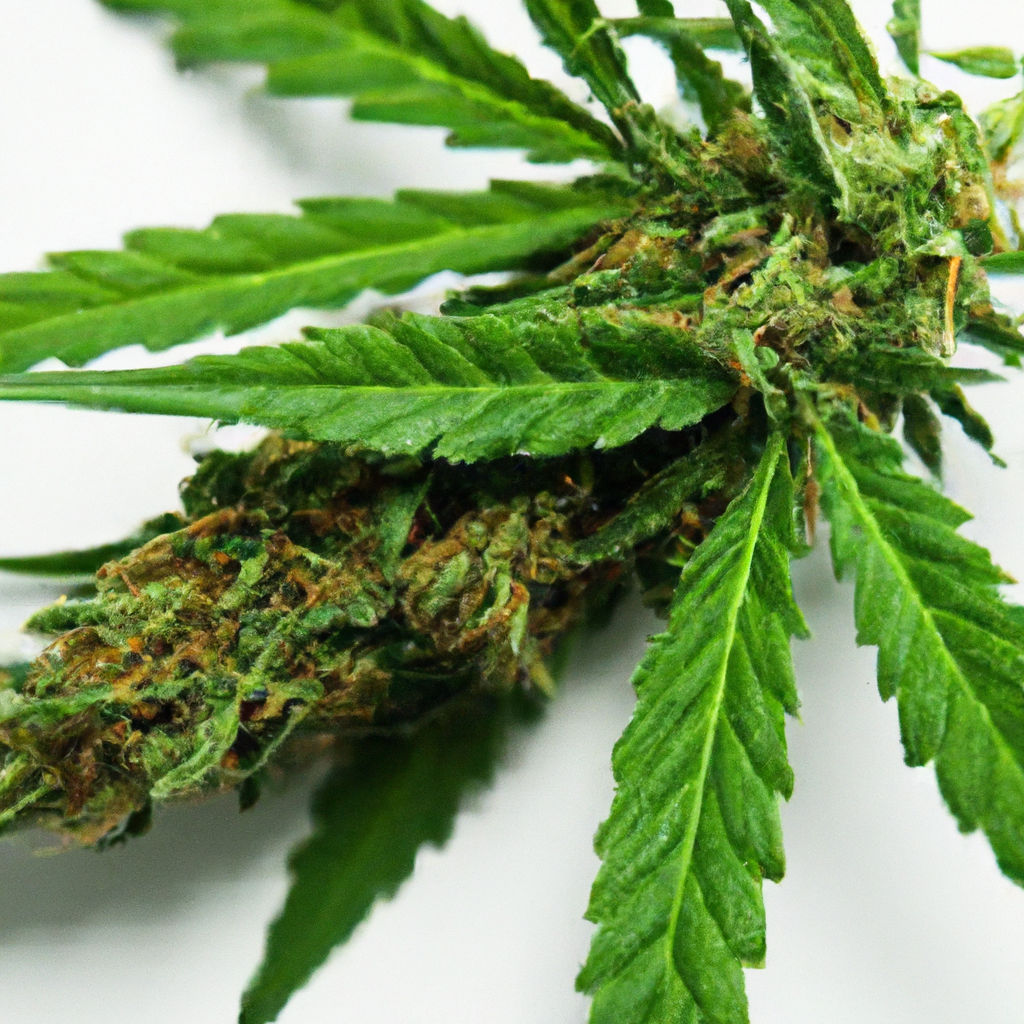
Cannabis has garnered scientific and public attention largely due to its cannabinoids, which affect the human body’s endocannabinoid system. Key cannabinoids like THC and CBD have distinct impacts, with THC known for its psychoactive effects and potential medicinal benefits, while CBD is noted for its therapeutic properties without psychoactivity. Other cannabinoids, such as CBN, CBG,…
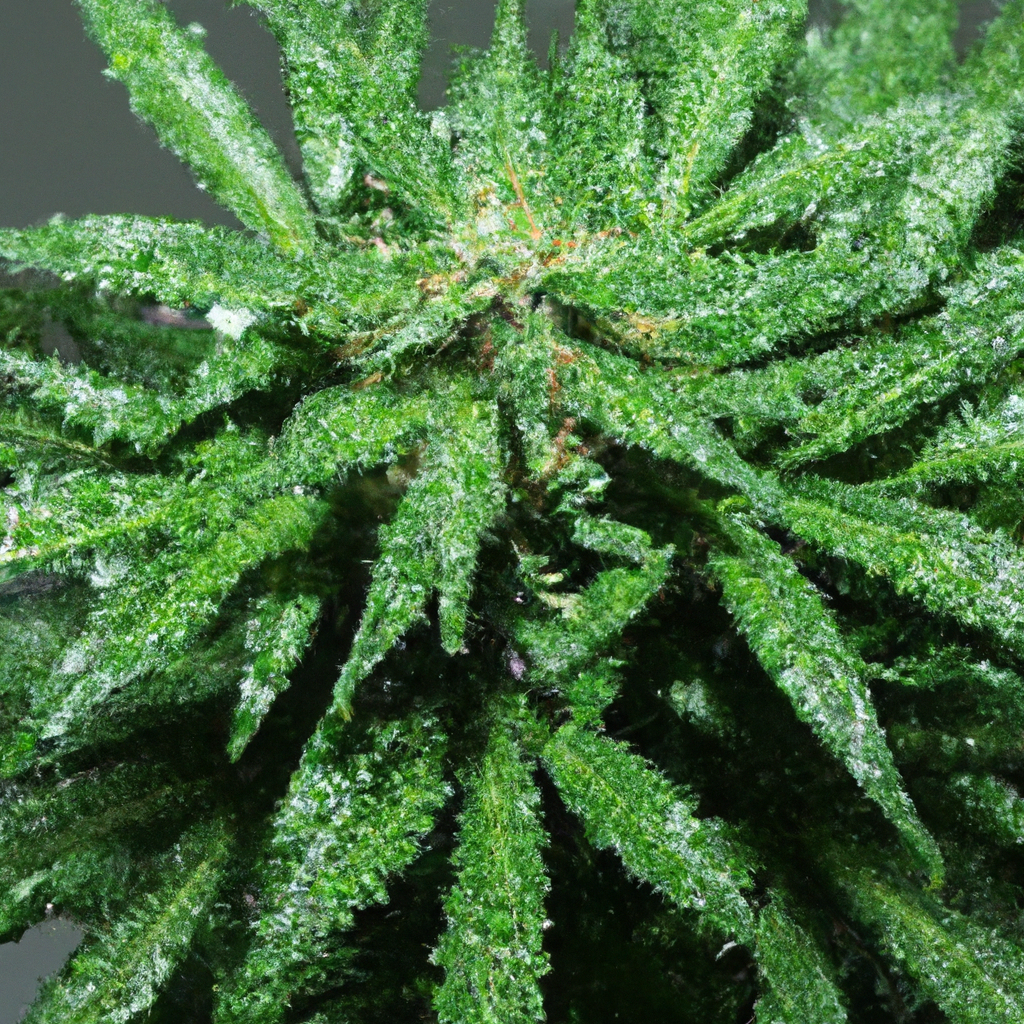
Water is essential for cannabis growth, but finding the right balance can be challenging. This article explores water-related issues in cannabis cultivation and offers practical solutions for healthier plants. Ensure high water quality by using filtered water and maintaining a pH of around 6.0. Consistent watering is crucial—use moisture meters and establish regular schedules. For…
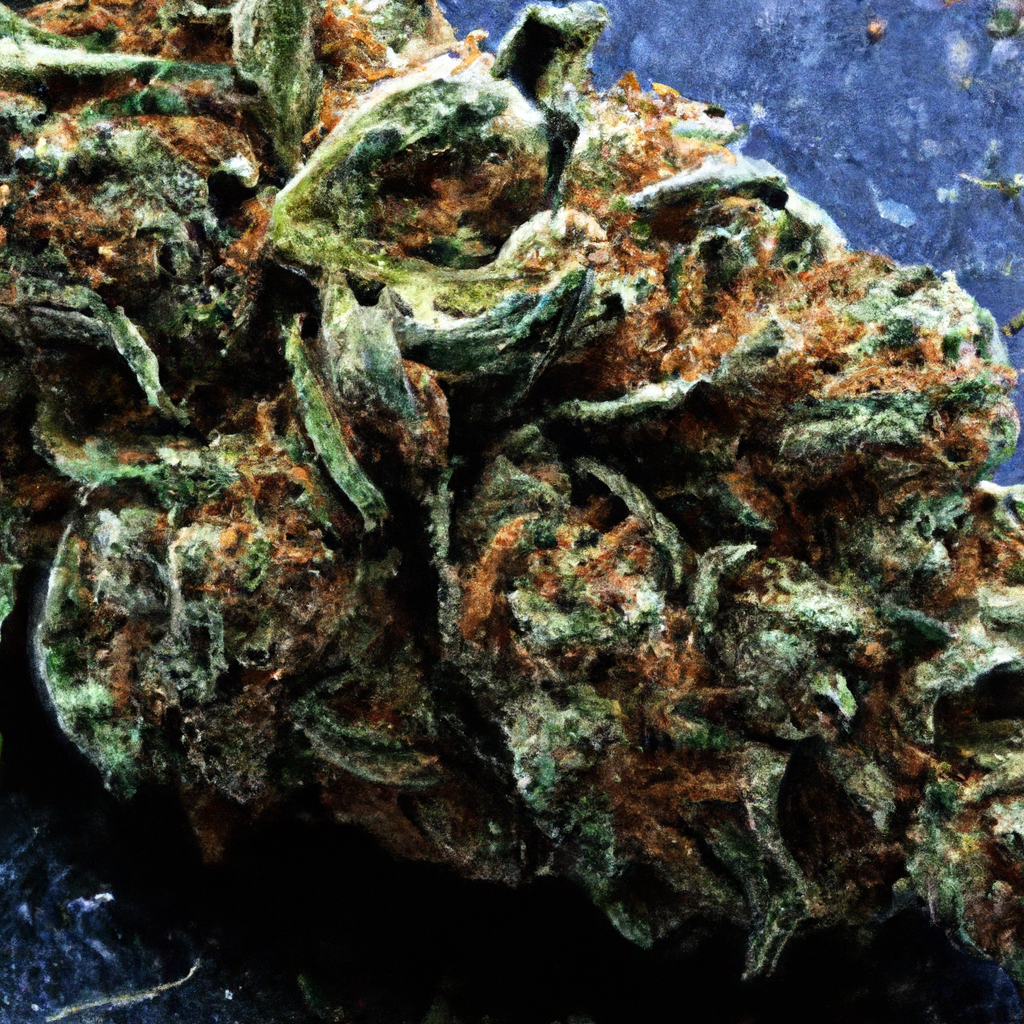
Explore the unique flavor and effects of the Grape Ape strain, a beloved indica-dominant hybrid known for its relaxing properties and grape-like aroma. With genetics from Mendocino Purps, Skunk, and Afghan, this strain offers a high THC content, vibrant purple and green buds, and aromatic notes of sweet grapes and earthy undertones. Grape Ape is…
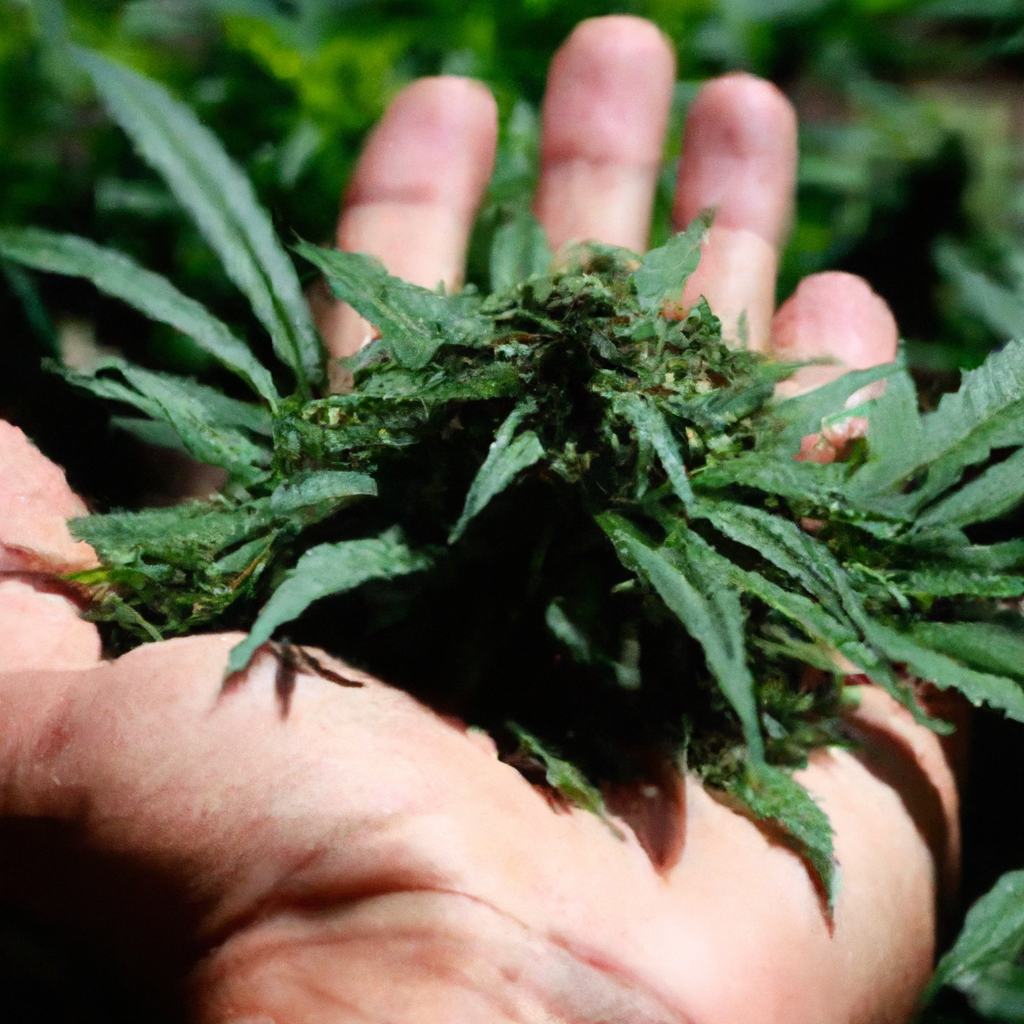
In the world of cannabis cultivation, organic methods preserve the environment while nurturing plants. By using natural fertilizers, composting, and sustainable pest control, growers promote healthier plants and benefit the environment. Key practices include building a living soil ecosystem, opting for natural fertilizers like bone meal and seaweed extracts, and employing sustainable pest control techniques…
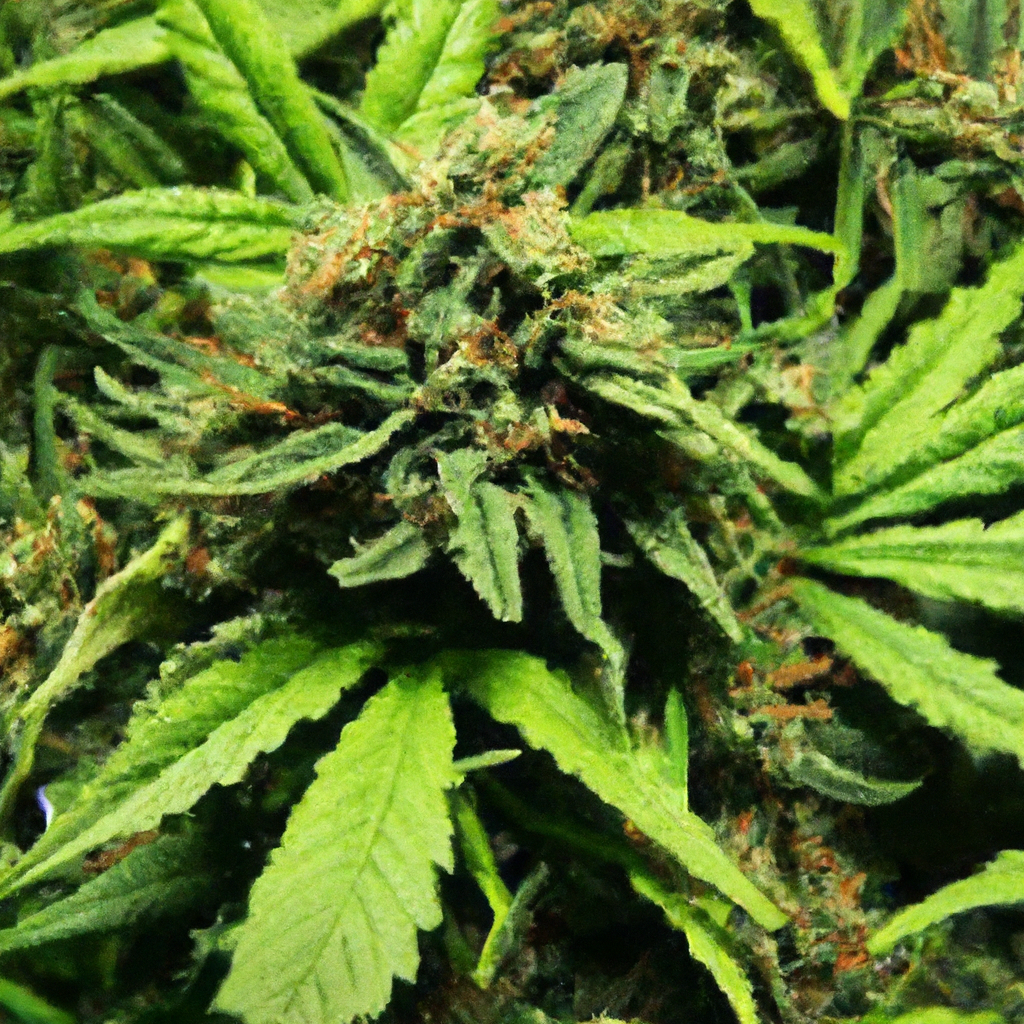
Cannabis cultivators face significant challenges that impact the quality and yield of their crops, including pest and disease management, climate control, nutrient management, and strain selection. To overcome these hurdles, growers should employ integrated pest management strategies, utilize advanced technology for monitoring, tailor nutrient solutions, and remain adaptable through experimentation. By addressing these challenges proactively,…
